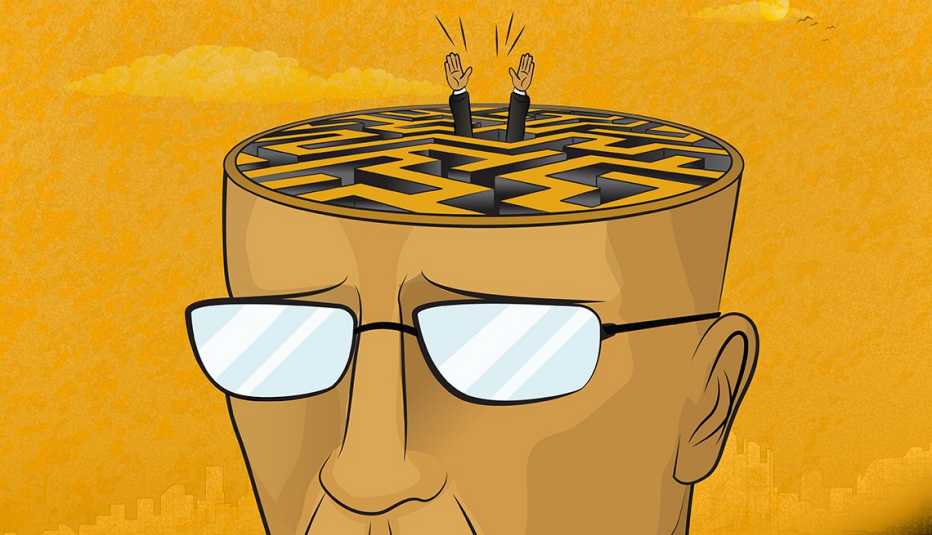Open up. If you know you're prone to panic attacks, clue in the people closest to you, so they'll be able to recognize the symptoms and help you through those episodes. There's another benefit that comes from exposing your anxieties. “Sometimes there's shame attached to panic attacks,” says Wilson. “But it's interesting: When someone starts sharing their stories, people come out of the woodwork and say, ‘Oh yeah, I've had that.'” It makes you feel so much better to know you're not alone.
Skip the stimulants. “Anything that's a stimulant and increases your adrenaline level can raise the likelihood of having an attack,” says Paul Hill, M.D., a Memphis, Tenn.-based psychiatrist. He points to both caffeine and over-the-counter drugs designed to boost energy. Certain medications also can trigger attacks, including allergy pills ("Some people are sensitive to the pseudoephedrine in decongestants,” says Muskin), as well as headache and migraine meds that may contain, yes, caffeine — such as aspirin and acetaminophen.
During an attack ...
Breathe slowly. When you feel a sudden rush of panic coming your way, concentrate on your breathing. “If you can regulate your breath, slowing it down to the most comfortable level possible, you may be able to avert an attack,” says Yeager. (Download a breathing app to your phone to help guide the rhythm of your breath.) Or, says Yeager, take a swig: “Typically, during an attack, you're panting and having trouble taking in oxygen. Taking a drink from a bottle of water helps regulate your breathing and restore normal respiration.”
Ground yourself. Offset that sudden fear by refocusing on the familiar. “When you have a panic attack, you start looking around and asking yourself, ‘Wait a second ...where am I?'” says Yeager. “Well, if you're at home, seek out three or four things that are comforting and make you feel safe.” It might be a painting, a cluster of family photos, even your backyard garden. Pretty soon, says Yeager, “You'll find yourself more psychologically grounded and less worried about the uncertainty.”
Another way to deflect your attention away from an attack: Find a piece of your environment that you can control. “Think of someone who has a loved one with a health diagnosis or who has a family challenge,” says Yeager. “How often do you see them cleaning the kitchen or organizing their drawers? That is a coping mechanism that is often underestimated.”
Acknowledge it. “Panic will yell, ‘Don't just sit there. Do something!'” says Wilson. But battling that anxiety won't lessen its impact. Instead, Wilson suggests a paradoxical strategy: “Rather than fighting those uncomfortable feelings, stay in the present moment and accept them for what they are — a normal bodily reaction to your fearful thoughts. ... Tell yourself, ‘Okay, this is uncomfortable, but I've got this.’ When you face down and challenge those catastrophic thoughts, you take away their intensity and power.”
Tighten up. Yep, it seems counterintuitive, but going from constant tension to exaggerated intermittent tension can help relax your body and calm your mind. Try this simple technique: Sitting in a chair, tighten and release the various muscle groups in your body. Start with your feet, tensing the muscles for 10 seconds, then work your way up your body.
After an attack ...
Check it out. It's a good idea to schedule an appointment with a doctor to discuss your symptoms. “People over the age of 50 may have undiagnosed medical problems,” says Bhatia. “They need to exercise caution to make sure they get other medical conditions ruled out.”
Conversely, it can be a relief to discover that what you feared was a heart attack was actually a panic attack. About 25 percent of the people who show up in an ER complaining of chest pain have panic disorder, not a physical problem.
"Get a proper diagnosis,” says Hill, “so the next time symptoms occur, you won't need to dial 911."








































































